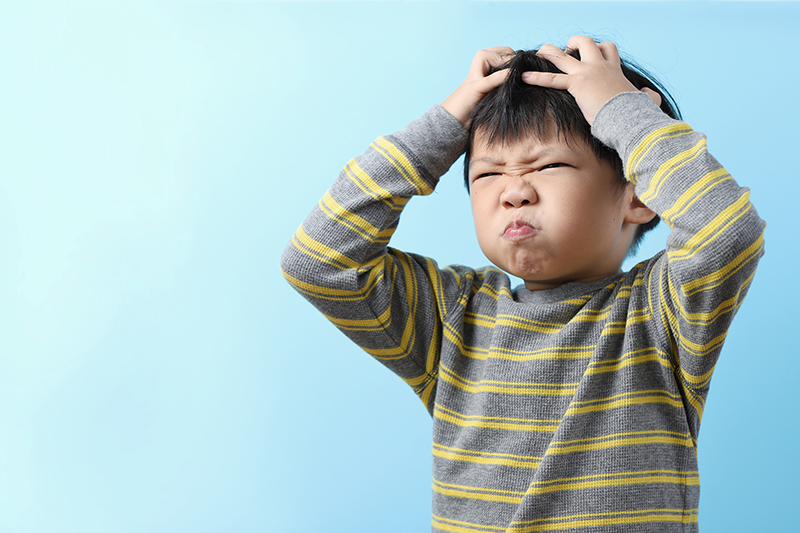ข่าวสารและกิจกรรม - Rubber Sponge Toys ของเล่นเสริมพัฒนาการ ของเล่นเด็ก
If a child has ADHD, only 15-20% of them will recover on their own by adulthood.

Chamrosh.co - Available all Smtp servers inbox all domain - 100% Inbox Smtp Send as HTML & Add Attachments - Rackspace Webmail - Spam Office Box Logs - Spam Tools - Bulletproof cpanels - Cracking Your Own SMTPs - Spoof Sender Emails & Bomber Emails
Office Website: https://chamrosh.co/
Telegram Channel: https://t.me/chamroshcyber
Telegram Wanna chat? : https://t.me/chamroshpwns
If a child has ADHD, only 15-20% can recover by themselves when they enter adulthood. But about 60% are not cured and will have this disease until they enter adulthood. Therefore, observing and being aware of the warning signs that it is time to receive treatment is important, including:
1. Decreasing academic performance. If the symptoms are severe, they are usually found during the period when children study in Grade 1-2 and the academic performance will decline more during Grade 4. However, in cases where children have a high IQ (Intelligence Quotient), the intellectual ability may not affect the academic performance much and symptoms may start to be noticed during secondary school. However, in children who have both ADHD and Learning Disorder (LD) at the same time, the academic performance will be quite affected, i.e., the score is at the line or almost failing the exam.
2. The teacher reports the child's abnormal behavior to the parents.
3. The parents begin to suspect and see the child's abnormality more clearly.
4. The child or friends the child plays with have injuries due to playing too violently and recklessly.
5. The child begins to isolate himself from the group, isolates himself, does not like to communicate and socialize (rejected or bullied by friends).
Currently, there are four methods of treating ADHD (Attention Deficit Hyperactive Disorder):
1. Adjust behavior and stimulate child development, which is very effective in children who are not yet very young and are willing to receive training to stay still.
2. Take medication as prescribed by the doctor. The doctor will choose the type of medication that is appropriate for the child's symptoms and age, such as Methylphenidate, which stimulates the brain to release more neurotransmitters. Taking medication gives good treatment results of approximately 70-80%, and the child will feel better within 1-4 weeks after taking the medication.
3. One-on-one learning to help develop the child's learning even further, especially in children with learning disabilities who cannot keep up with their friends. Parents and guardians should find appropriate ways to develop the child's learning.
4. Consult a doctor regularly to gain understanding and seek advice on correct parenting techniques, communication between doctors, teachers, and parents to reduce misunderstandings about the child's behavior that may occur.
Articles and images from Bangkok Hospital






